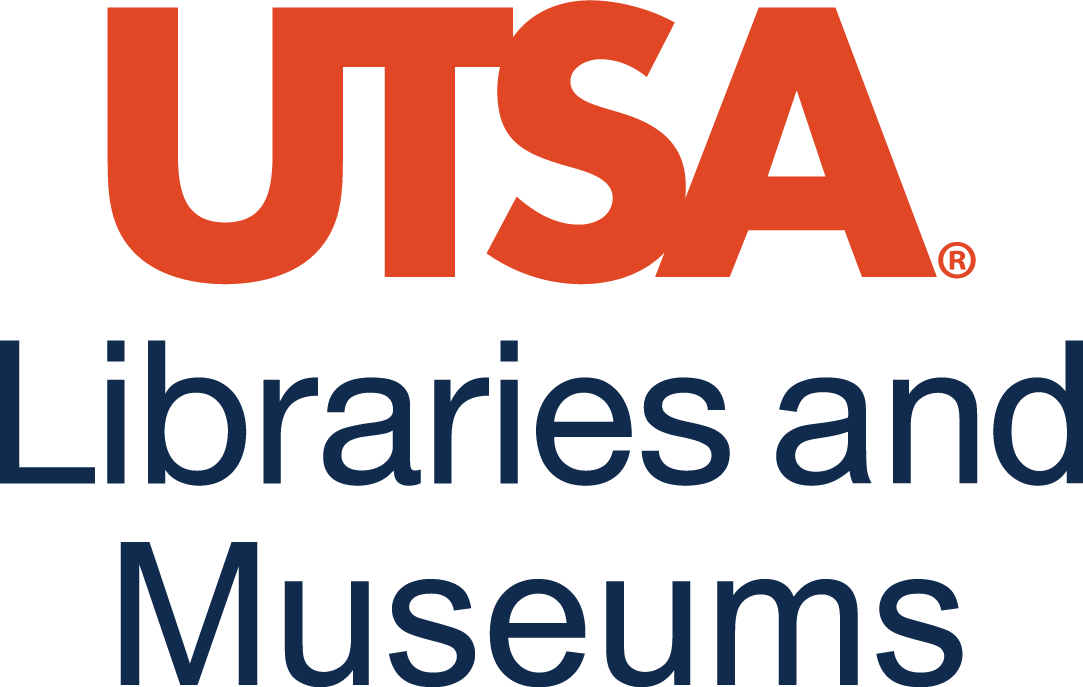58 Drafting
Ann Inoshita; Karyl Garland; Kate Sims; Jeanne K. Tsutsui Keuma; and Tasha Williams
Learning Objectives
- Learn different approaches to writing in the early stages.
- Understand strategies for making early progress in drafting an essay.
Once students have spent time and effort preparing to write by gathering ideas and organizing activities, they are ready to begin drafting. Many instructors recommend a practice that is referred to as fast drafting, in which the student writes under the pressure of a time limit, much like freewriting. This allows students to create without their inner critic undermining their momentum. It empowers the “creator hand” to work with agency, while silencing the “editor hand.”
To do fast drafting, students first need to set up the conditions that will help in their success and is appropriate to their abilities to focus. The following are easy steps writers follow:
- Create a block of time in which there are no interruptions. This should be a realistic length, given a writer’s ability to focus, from 10 minutes at a time to 75 minutes or longer.
- Decide on the goal: Write a paragraph in 10 minutes, two pages in one hour, or a complete essay in one hour and 15 minutes.
For some, 75 minutes is a good length, but some students find that after 30 minutes they can no longer concentrate. If that is the case, they should plan on several shorter sessions of distraction-free time.
During this time, students should turn off their phones and social media, let the dog outside, and ensure that it’s time for children to be asleep. This needs to be quiet, concentrated time.
Students need to let go of their worries about good and bad ideas. There will be time to rethink, rephrase, and rework during the revision process.
Adapted from English Composition: Connect, Collaborate, Communicate by Ann Inoshita; Karyl Garland; Kate Sims; Jeanne K. Tsutsui Keuma; and Tasha Williams, CC BY 4.0

